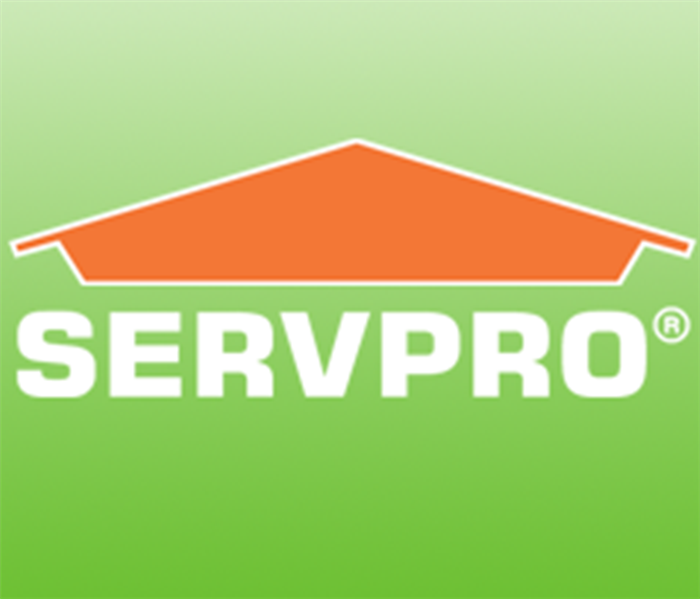Storm and Water Damage Tips
2/19/2016 (Permalink)
Homeowners should:
Safely turn the home’s water main off if running water inside the house is the source of the problem.
Remove as much excess water as possible by mopping and blotting.
Wipe excess water from wood furniture after removal of lamps and tabletop items.
Remove and prop up wet upholstery and pillow cushions for even drying.
Place aluminum foil or wood blocks between furniture legs and wet carpeting.
Turn air conditioning on the maximum drying (in summer).
Remove Oriental rugs or other colored rugs from wet wall-to-wall carpeting.
Remove valuable paintings and art objects to a safe, dry place.
Open and place luggage in sunlight to dry, if possible.
Gather loose items, toys, etc. from floors.
Homeowners should not:
Leave wet fabrics in place. Dry fabrics as soon as possible and hang furs and leather goods to dry separately at room temperature.
Leave books, magazines or other colored items on wet carpets or floors.
Use your household vacuum to remove water.
Use televisions or other household appliances while standing on wet carpets or floors, especially not on wet concrete floors.
Turn on ceiling fixtures if ceiling is wet, and keep out of rooms where ceilings are sagging from retained water.
If water damage has resulted in exposure to sewage and other harmful waste:
Stay out of the affected areas.
Call emergency service personnel if the situation is life-threatening.
Treat all bodily fluids as if they are contaminated.
Turn off the HVAC system if there is sewage system damage.
Do not:
Attempt cleanup of any kind.
Touch or handle items that might be contaminated with bodily fluids.
Eat, drink, smoke, apply cosmetics or handle contact lenses in affected areas.
Also note that OSHA recommends a post-exposure medical examination for anyone encountering a hazardous waste problem and suggests contacting your local health department or physician.
Provided by SERVPRO of East Evansville (812) 471-3132





 24/7 Emergency Service
24/7 Emergency Service
